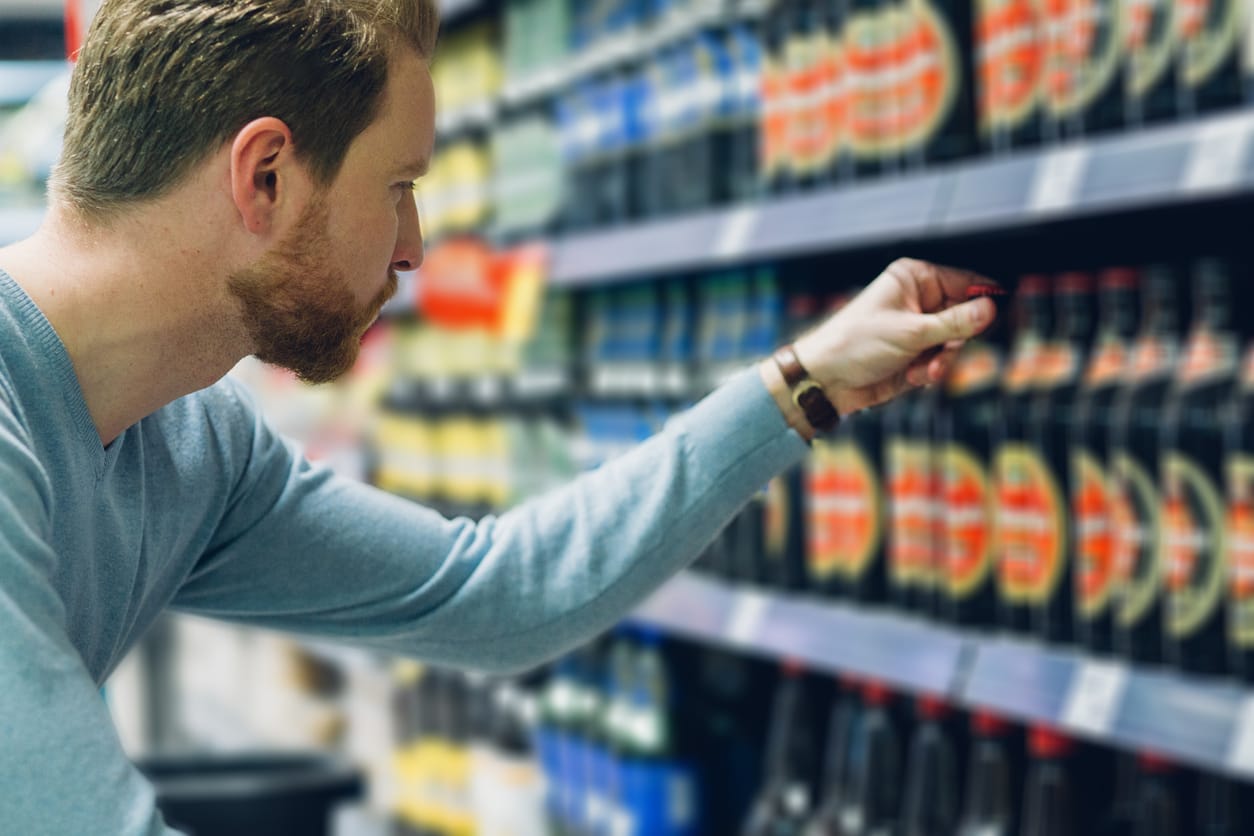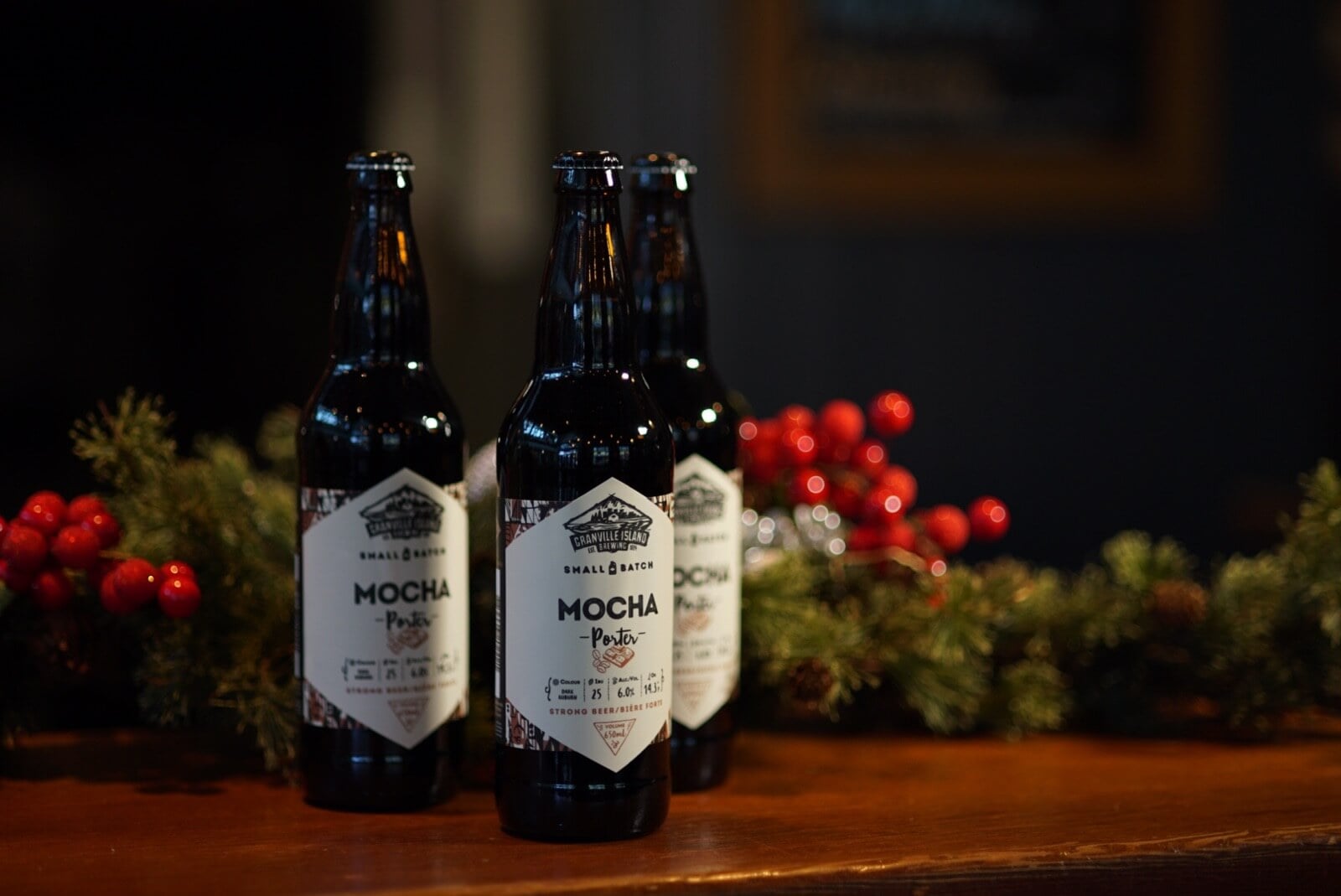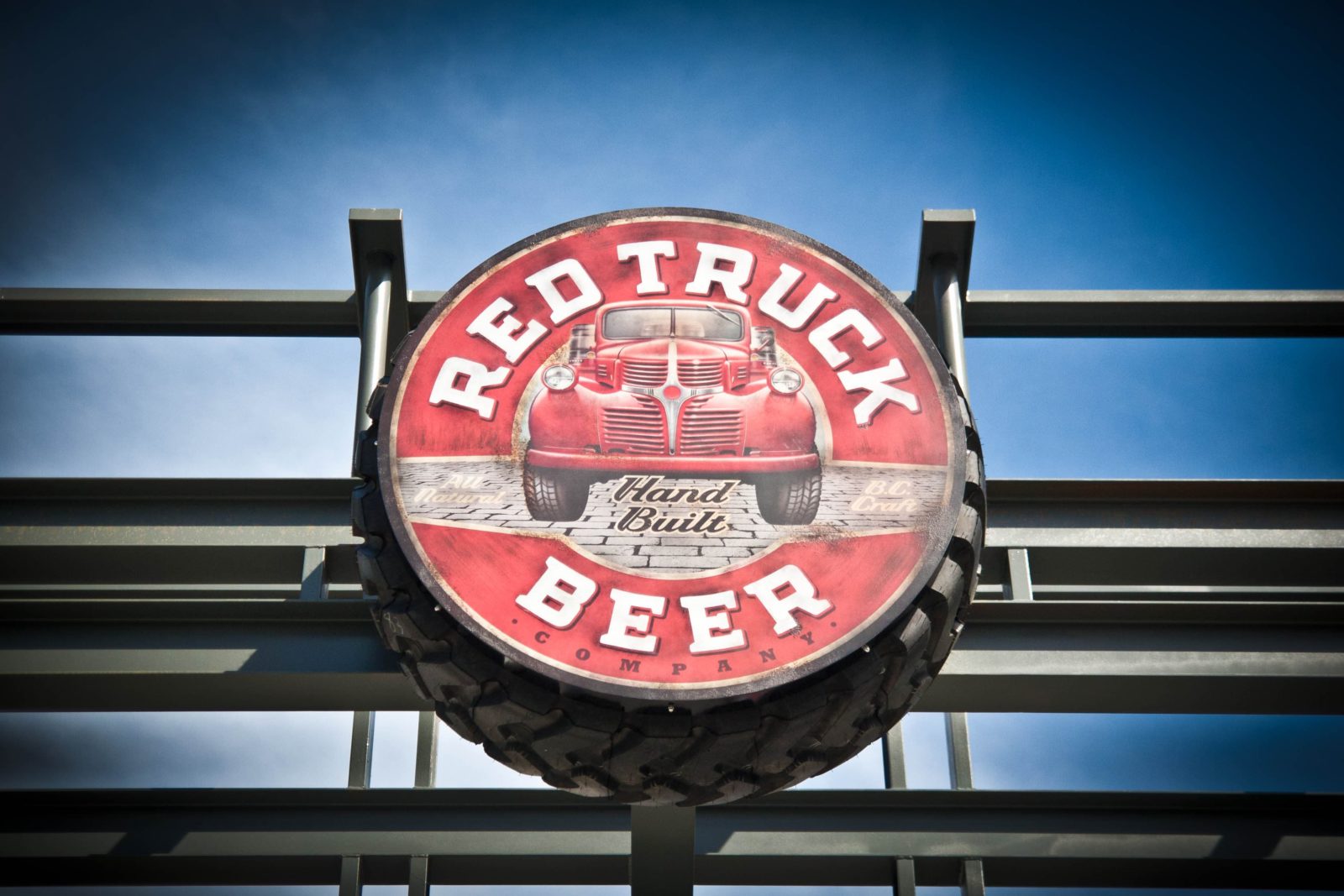
B.C. government liquor stores have reported a surge in liquor sales since the COVID-19 quarantine began almost a month ago, with a 40% increase compared to this time last year. However, that hasn’t translated into increased sales for craft brewers, unfortunately—many of whom are struggling to stay afloat while their tasting rooms are closed.
Large volume craft breweries across the province have seen slight increases in sales of bottles and cans, but sales of kegged beer have been decimated by the closure of restaurants and bars province-wide.
“We have seen our can sales rise by about 10%, but we’ve lost our substantial keg sales like all breweries have,” says Gary Lohin, head brewer at Central City Brewers + Distillers. “We did lose some employees for a couple of weeks, because we had a policy that if you call in sick for any reason, you had to stay away for two weeks. Most employees are back again.”
Central City has pivoted to hand sanitizer production, and already produced more than 30,000 L, donating 4,000 L of that to the City of Surrey to distribute to hospitals, care homes and shelters.
“That’s what the world needs at the moment,” says Lohin.
Vancouver Island Brewing has also seen a small bump in packaged sales, but not enough to make up for the loss of kegged sales. Earlier this month VIB donated kegs of unsellable beer to Stillhead Distillery in Duncan to be made into hand sanitizer.
While sales of packaged product have increased at liquor stores across the province, people are generally buying cheap beer in bulk.
“It’s large format sales that are increasing, so it’s the macros that are winning,” notes Chris Bjerrisgaard, VIB’s marketing director. “People are buying suitcases of crap.”
Meanwhile, smaller breweries that rely on their tasting room have been hit especially hard. Many don’t package their product and aren’t listed with government liquor stores. While some breweries have managed to pivot to packaged sales, resorting to filling cans one at a time, or pre-filling growlers and crowlers and offering take-out and delivery, those options are labour-intensive and low-margin compared to tasting room beer sales.
“Our business was designed to bring people together to share food, drinks and experiences and that’s the exact thing that is no longer allowed,” says Darrin Finnerty, brewer and co-owner of Beach Fire Brewing in Campbell River. “In a matter of weeks we’ve had to completely redesign our business and try to figure out how to make it run. Previously most of our volume was sold through our taproom as pints and growlers. Now we’ve moved almost entirely to can production.”
Beach Fire typically sells 100-200 cans per week—now it’s selling close to 2,000 cans per week, each hand-filled and seamed, but it still doesn’t come close to making up for the lack sales in the tasting room.
“It’s super inefficient,” Finnerty says. “But public support has been amazing and we were wanting to up our can sales this spring and hadn’t gotten time to focus on expanding it. Well… now we have time.”
- The Spring 2020 issue of The Growler is out now! You can find B.C.’s favourite craft beer and cider guide at your local brewery, cidery, select private liquor stores, and on newsstands across the province.




